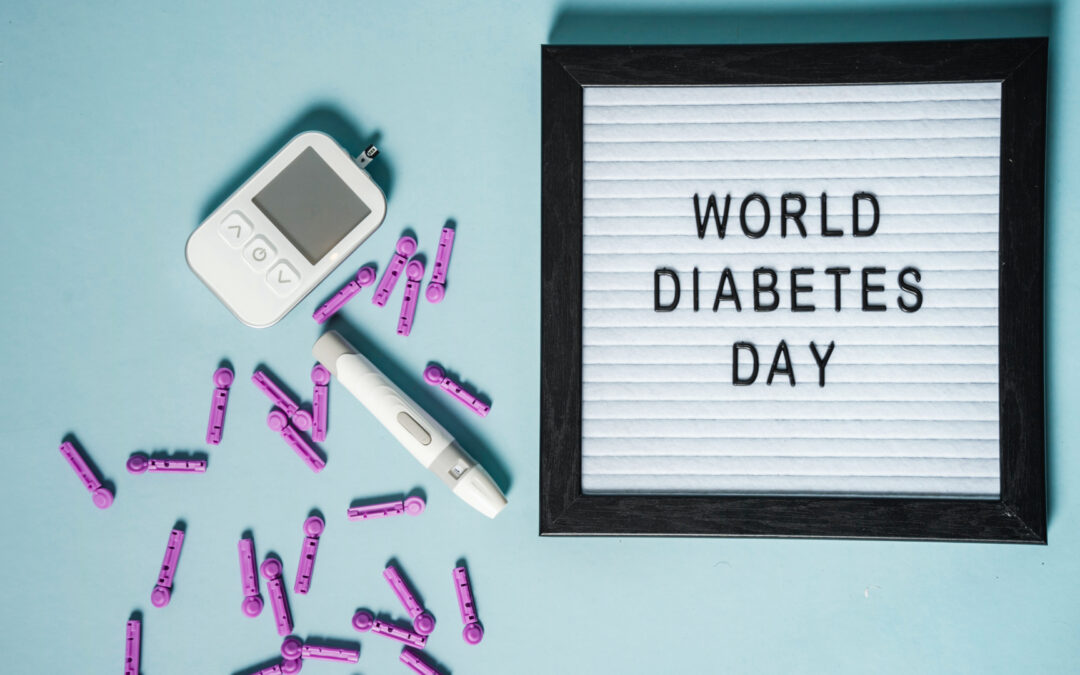Sugar, or, scientifically, glucose, is a valuable organic compound responsible for energizing the body’s cells. Basically, it is a complex carbohydrate that enters our body with food.
Many people think that glucose only harms the body, it increases body weight and promotes obesity. But glucose is an essential substance for humans.
A complex carbohydrate is broken down into glucose, two common carbohydrates – fructose and galactose. Sugar then enters the bloodstream, which carries it throughout the body. One portion of the normal carbohydrates goes to replenish the energy expended by the individual and the other portion is stored in the form of glycogen in the muscles, adipose tissue and liver. After the process of digestion of food is completed, the body begins to reverse the reaction, where it basically produces hormones which convert glycogen back into glucose. It allows the human body to maintain the right level of sugar in the blood, helping to maintain the body’s performance.
The main functions of glucose are:
1. Participates in metabolic processes
2. Ensures proper functioning of all organs and systems;
3. Provides energy to the body and helps a person to feel better throughout the day.
4. Strengthens the brain, maintains mental clarity and plays a role in maintaining memory and attention.
5. Strengthens the nervous system and helps the body to withstand stress;
6. Acts as muscle fuel.
7. Stimulates heart muscle function;
8. Helps to excrete toxins from the liver
9. Accelerates muscle regeneration, as well as glucose-dependent cells such as the lens of the eye, the cells inside the kidney, and glucose are vital for the formation of high-energy ATP molecules in red blood cells.
10. In addition to its role in energy production, the human body uses glucose, along with other substances, to make other important structural molecules. Glycoprotein collagen, for example, is a protein composed of common sugars, including the spinal cord and glucose. Collagen is an essential structural molecule found in skin, muscles, bones and other tissues of the body. Other glycoproteins play an important role in the development and maintenance of nerves in the body. Glycolipids, which are the building blocks of fats and sugars, are the basic components of the membrane that surround the individual cells of the body, as well as the structures within these cells.

Hypoglycemia and hyperglycemia
Low blood sugar is called hypoglycemia. This is mainly due to the dependence on the endless glucose supply of the brain. Again, a high blood glucose level, or hyperglycemia, may or may not cause obvious symptoms. Among people with type 1 diabetes, who do not produce the blood-sugar-lowering hormone insulin, high blood sugar and insulin deficiency often lead to a variety of signs and symptoms, including:
-Excessive thirst and hunger
-Involuntary weight loss
-Lack of power
-Increase the amount of urine
In people with type 2 diabetes or its predecessor prediabetes, these signs and symptoms do not occur very often. For this reason, many people with this condition often cannot be diagnosed for many years.
Hyperglycemia is an excess of blood glucose in blood. Persistent hyperglycemia can lead to serious complications including heart disease and kidney disease, nerve damage and eye conditions that can lead to blindness.
With all the beneficial properties of glucose, it must be understood that it benefits the body only when its levels in the blood do not go beyond the normal range. Otherwise, sugar starts to do serious harm to the body.






